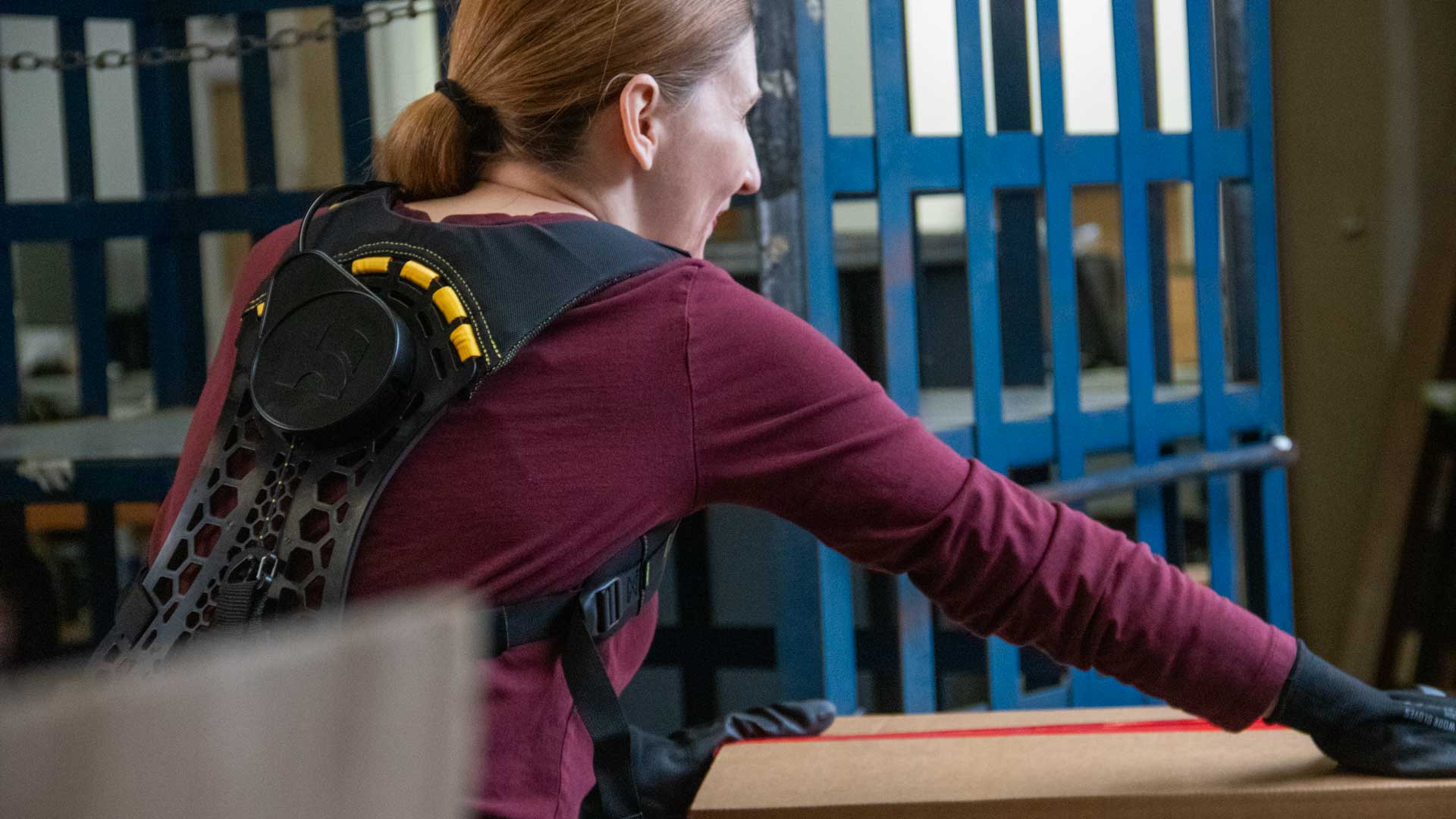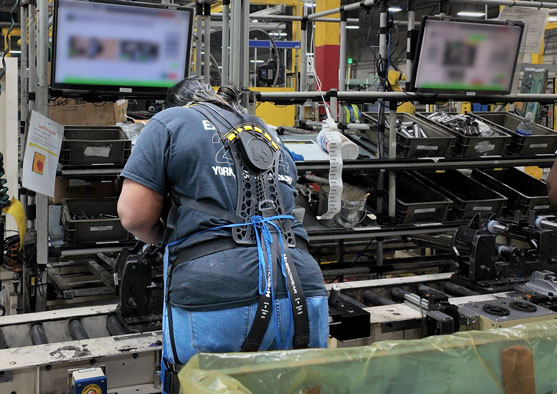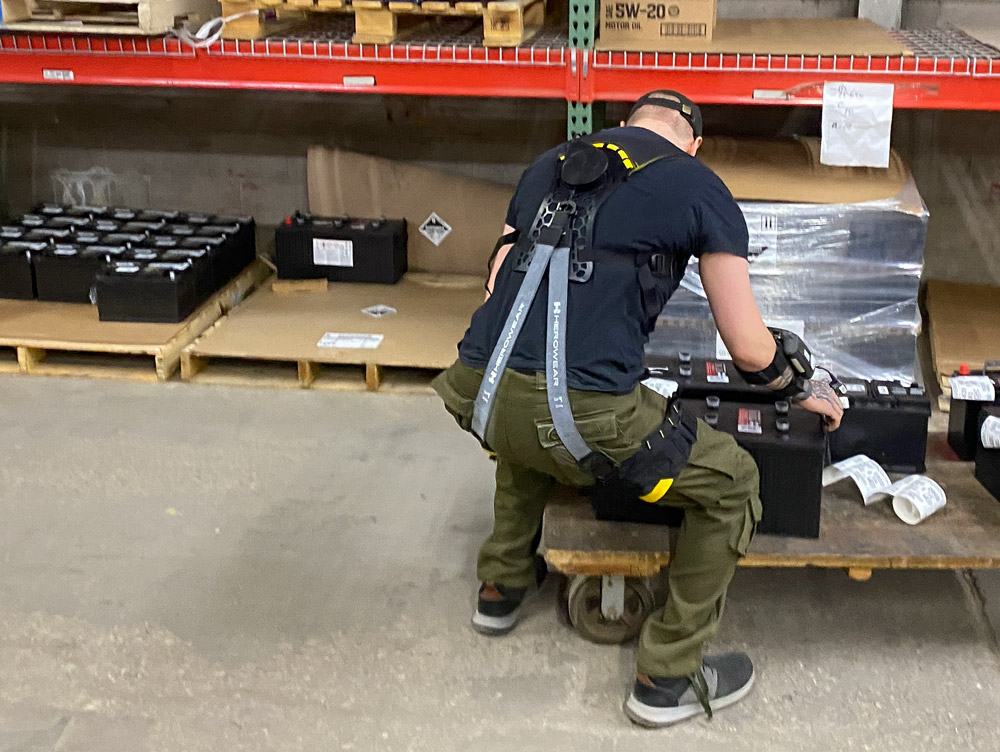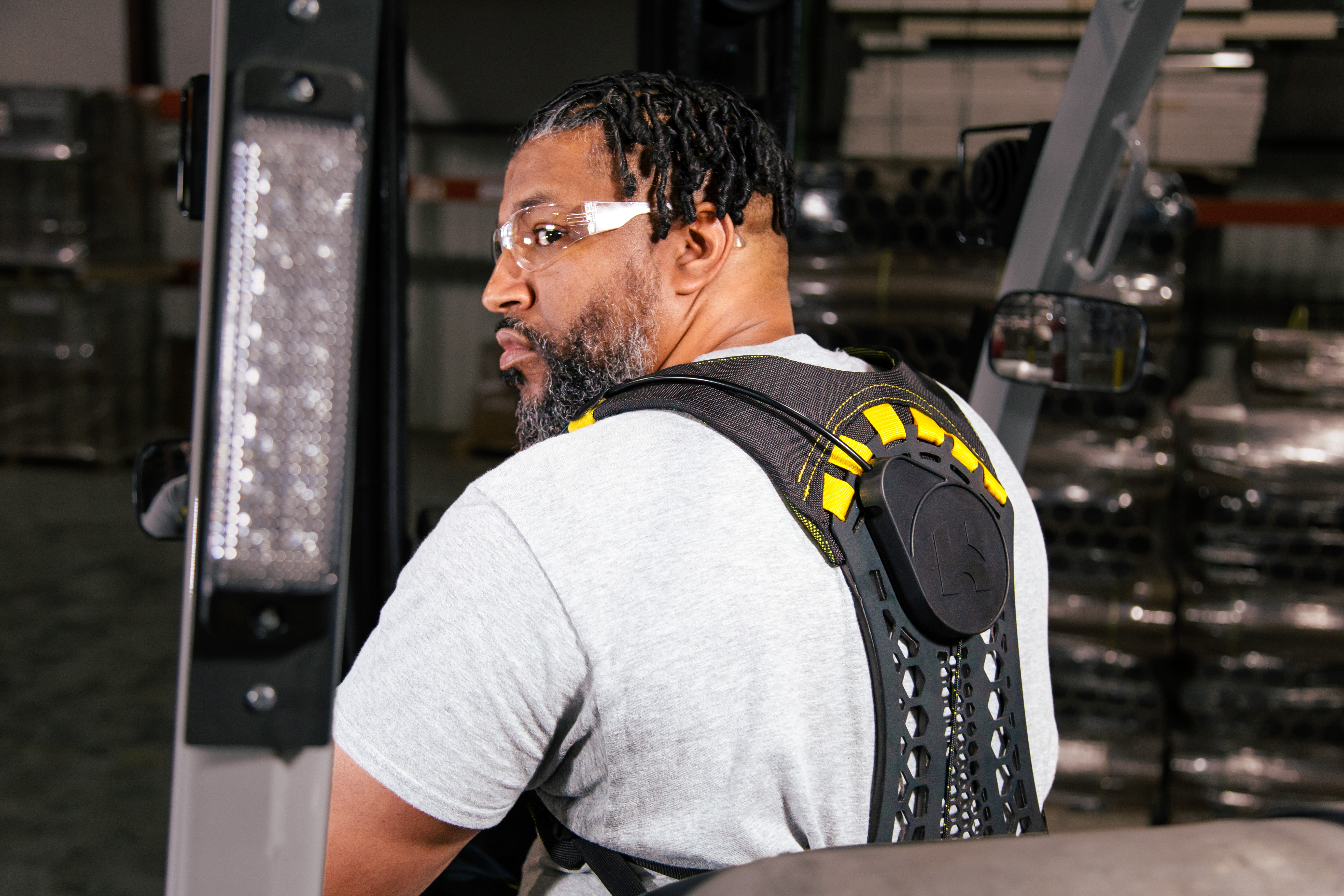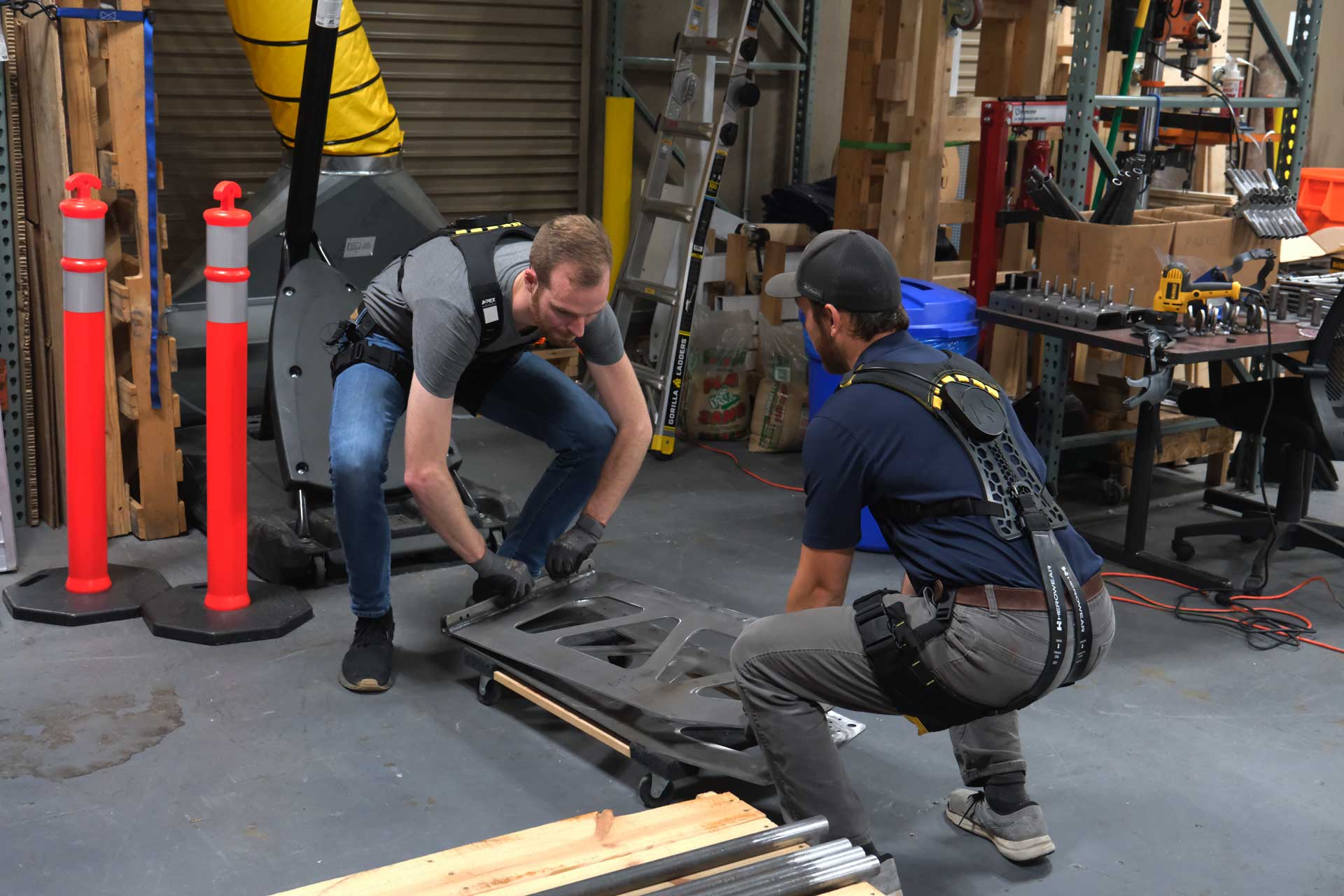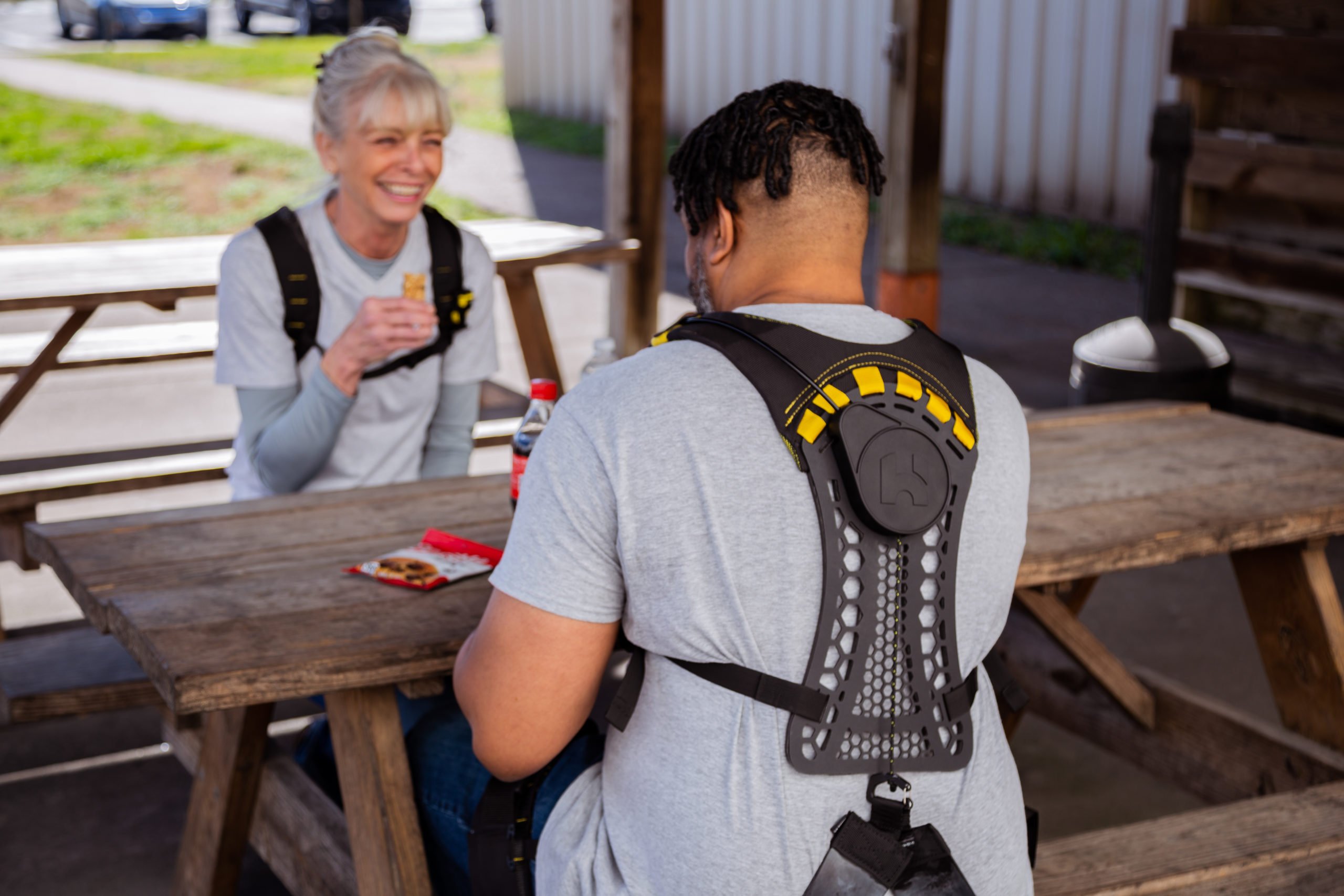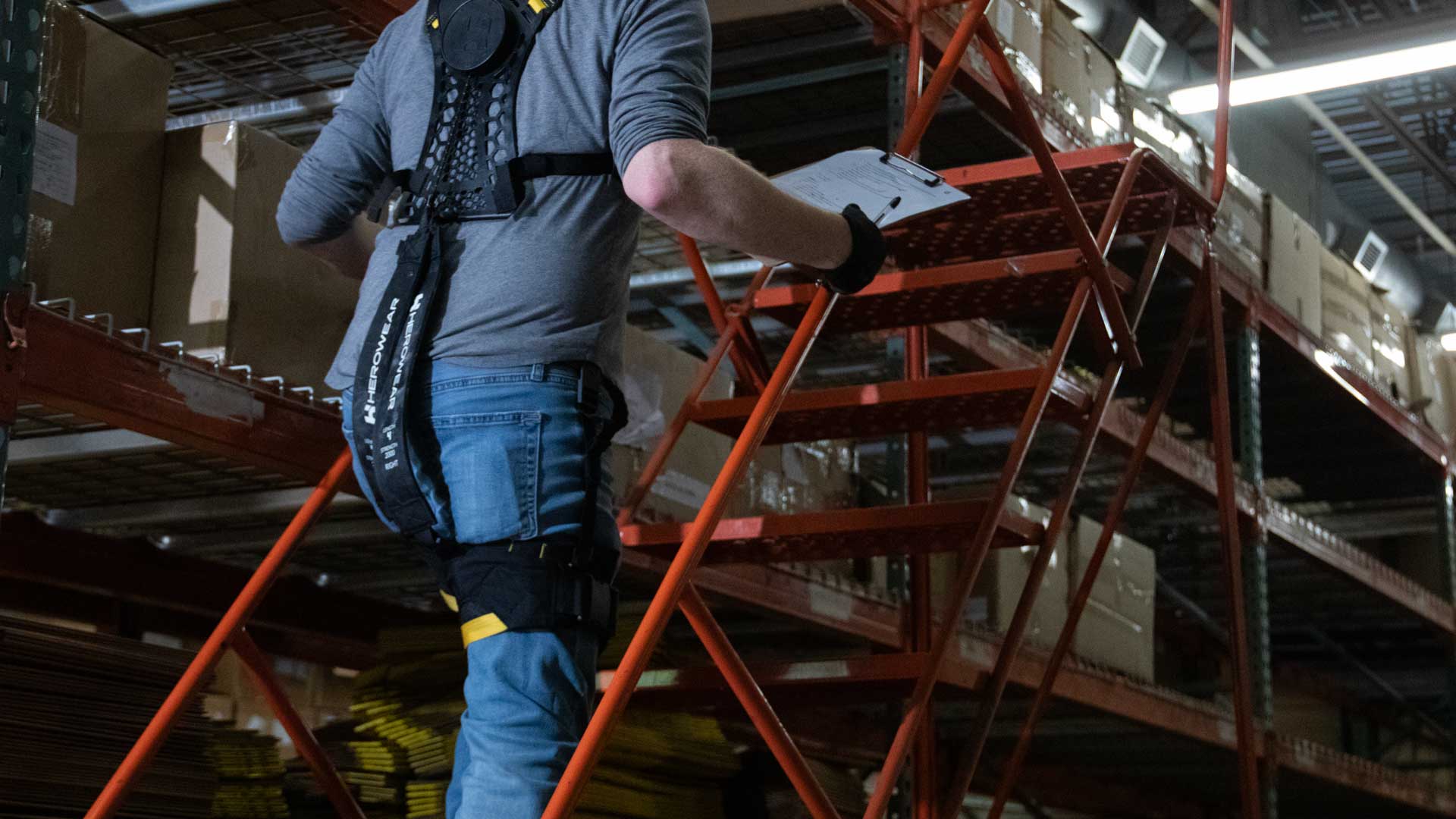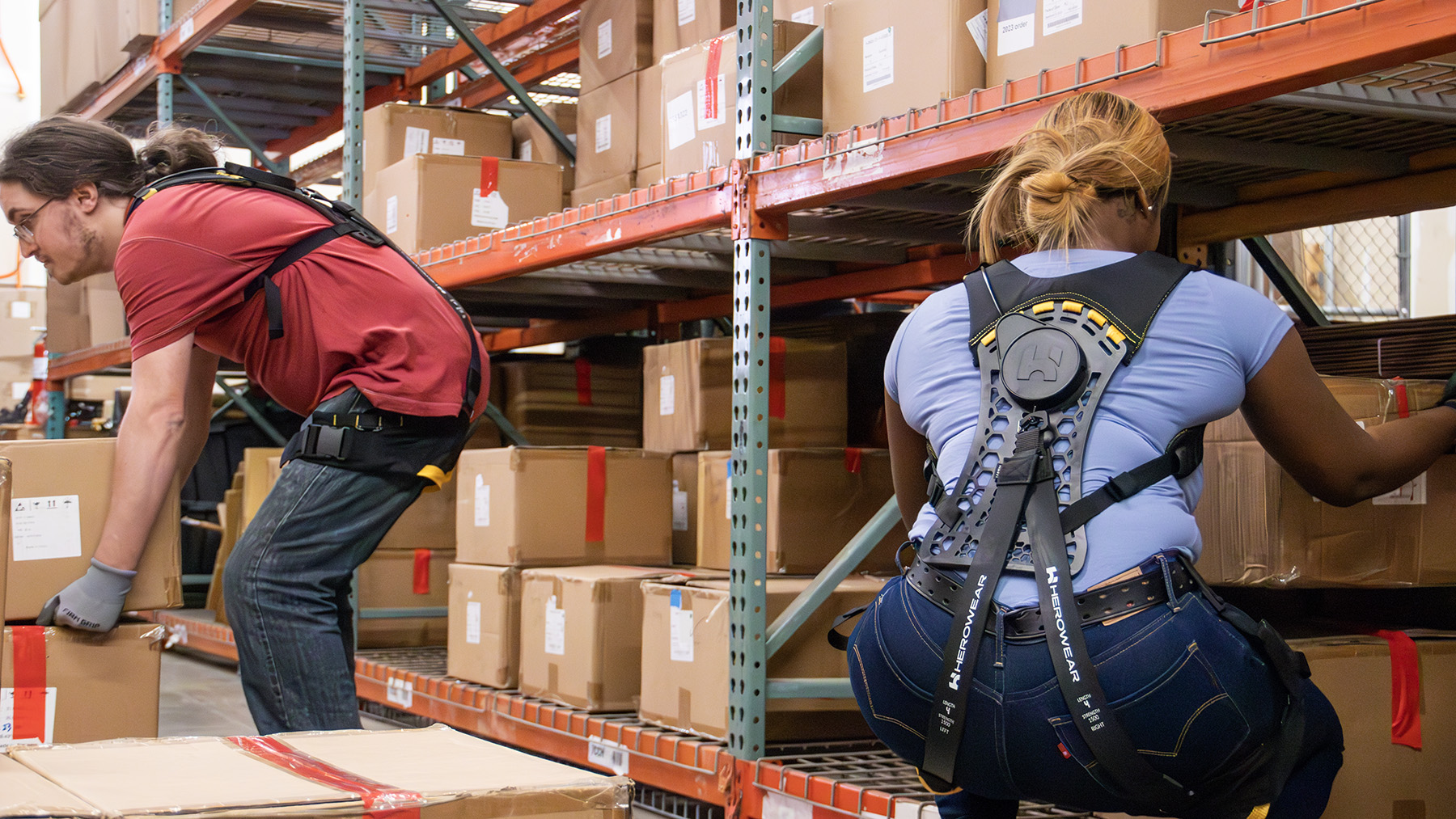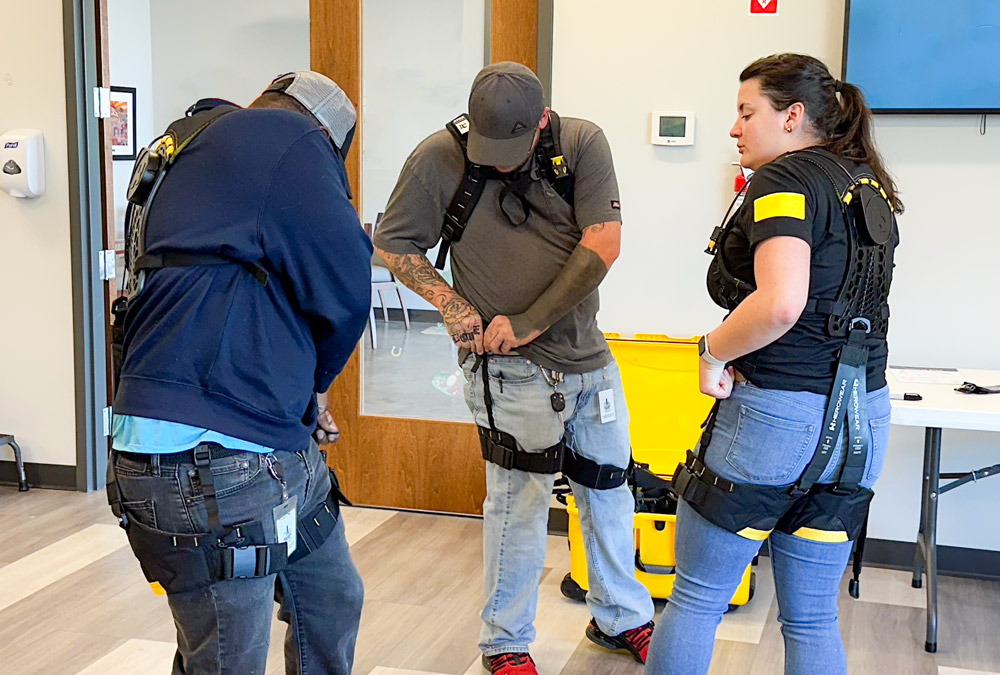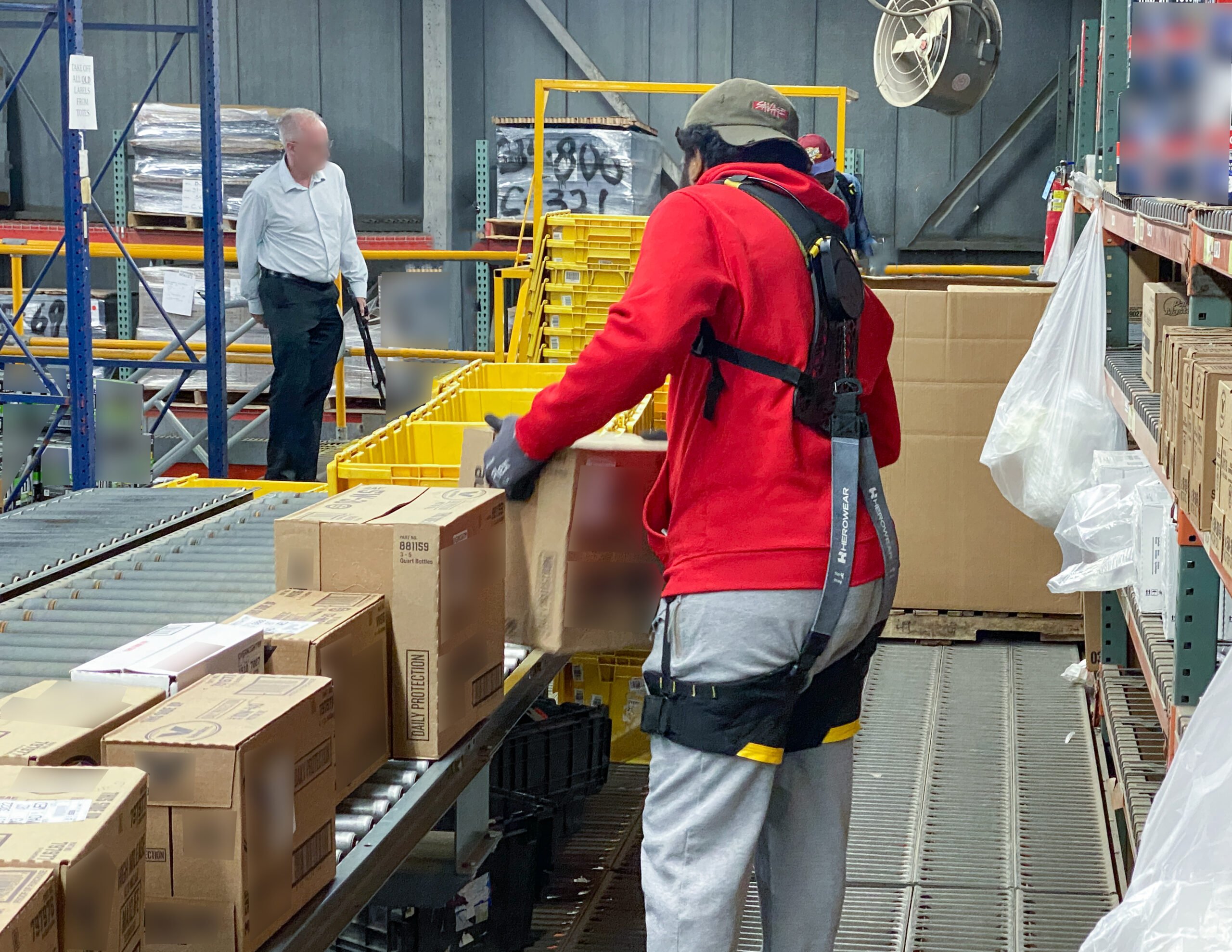The Science
Science is in our veins. Pioneering research on this exosuit technology started in 2015 at a leading biomechanics laboratory at Vanderbilt University. HeroWear spun out from this lab a few years later after multiple prototypes, successful experiments, peer-reviewed publications, and patents on the core technology. And the scientific studies haven’t stopped since.
The Apex is one of the most heavily researched and independently validated exoskeletons in the world. And the scientific results are unequivocal. There have been over 30 peer-reviewed academic research studies on the Apex from institutions, including:
- Virginia Tech
- Auburn University
- Clemson University
- Vanderbilt University
- Texas A&M University
- Iowa State University
- University of Wyoming
- University of Wisconsin
- Arizona State University
- Pennsylvania State University
- Georgia Institute of Technology
- Berlin University of Applied Sciences and Technology
And there have been hundreds of industry field studies that corroborate the effectiveness, user acceptance, safety benefits, and operational impacts of the Apex. Many of these organizations have shared their field study results and takeaways publicly, including:
- SAIF (insurance)
- U.S. Army (military)
- Mayo Clinic (hospital)
- Amerisure (insurance)
- Toyota (manufacturing)
- URM Stores (food logistics)
- Whole Foods (food logistics)
- GE Aerospace (manufacturing)
- Pinnacol Assurance (insurance)
- General Motors (manufacturing)
- Cargill (food production & logistics)
- Sandia National Laboratories (government)
- CTAG Automotive Technology Centre of Galicia (R&D)
- Construction Scotland Innovation Centre (construction)
12 Scientific Facts About the Apex
From university research to industry trials on the Apex, here’s a summary of the key learnings and converging evidence from labs and workplaces around the world.
1. Apex reduces the strain on back muscles.
Back muscle strain reductions of 14-43% and muscle fatigue reductions of 29-47% have been validated by studies from multiple universities and backed up by user-reported data from companies using it in the field.
2. The Apex reduces compression force on spinal discs.
Studies from multiple academic institutions, using various methodologies, have shown that exosuits like the Apex reduce spine compression force.
3. The Apex reduces muscle fatigue & increases endurance.
Laboratory and field studies have each found evidence of less back muscle fatigue. One lab study found a reduction of 29-47% with improved user endurance when wearing an exosuit.
4. The Apex reduces bodily discomfort on the back and knees.
Field study data from 336 Apex 2 users across different industries indicates, on average, 34% reductions in low back discomfort and 27% reduction in knee discomfort.
5. The Apex reduces overexertion injury risks (in contrast to back belts).
A study of Apex users working for more than 281k hours showed no back injuries reported during a period when historical data would have predicted 10.5. Additionally, ergonomic assessment tools and field study data give us reason to have confidence that these results are not anomalous.
6. The Apex makes lifting easier.
Data from a combination of military studies, university studies, and HeroWear field studies from hundreds of users has reliably shown that users feel the Apex exosuit makes lifting easier.
7. The Apex is comfortable for daily work.
We published the first-ever scientific peer-reviewed study characterizing the comfort limits of exoskeleton forces and this drove our design philosophy. Multiple peer-reviewed studies have reported that workers are satisfied with the comfort of the exosuit.
8. The Apex doesn’t increase muscle demands on other parts of the body.
Independent studies by multiple universities all found that abdominal muscle activity does not increase when wearing the Apex and there is no adverse effect on other muscles.
9. The Apex hasn’t been found to adversely affect stability, balance, or fall risk.
Independent academic studies found that the Apex did not negatively impact walking balance, nor did it increase the risk of falling due to slip or trip perturbations.
10. The Apex fits into work & is well-accepted by workers.
HeroWear-led field studies (N=379) have shown that 87% of Apex 2 users report being able to perform all job tasks while wearing the exosuit. Studies from Pennsylvania State University and SAIF, an insurance company based in Oregon, have also concluded that the Apex system is a good fit for jobs involving prolonged bending or ground-level work.
11. The Apex is preferred over rigid exoskeletons in various jobs & industries.
In the last few years, the occupational exoskeleton field has come to the collective realization that the biggest barriers to adoption are not related to physical assistance, but rather to comfort and movement interference. Studies from Pennsylvania State University and Berlin University of Applied Sciences and Technology found that soft exosuits better fit processes and were more accepted among users.
12. The Apex has not caused muscle atrophy or weakness.
From university research to industry trials on the Apex, here’s a summary of the key learnings and converging evidence from labs and workplaces around the world.
If you have additional questions about the science behind the Apex or need access to some of the publications, please contact us. We’re proud of the rigorous research underlying this back-relieving, performance-enhancing technology. We’re deeply involved in science ourselves and in supporting others conducting independent, third-party research. And we’re always happy to discuss and share the current state of exosuit science.
Footnote: HeroWear field study data mentioned in the science pages are from hundreds of workers at companies in various industries, including logistics, manufacturing, retail, and construction. These represent a subset of data that HeroWear has collected from workers. The aggregated data shared are from companies that opted for their workers’ data to be included. Survey results are only included for workers who used the Apex 2, typically for 6-8 weeks before completing the survey. To avoid biasing the results, HeroWear did not pay any companies to participate. Companies purchased Apex 2 exosuits used in each field study, and workers were not compensated for their feedback. Workers completed written surveys at their workplace, and then sent them to HeroWear for deidentification and aggregation of the results.
